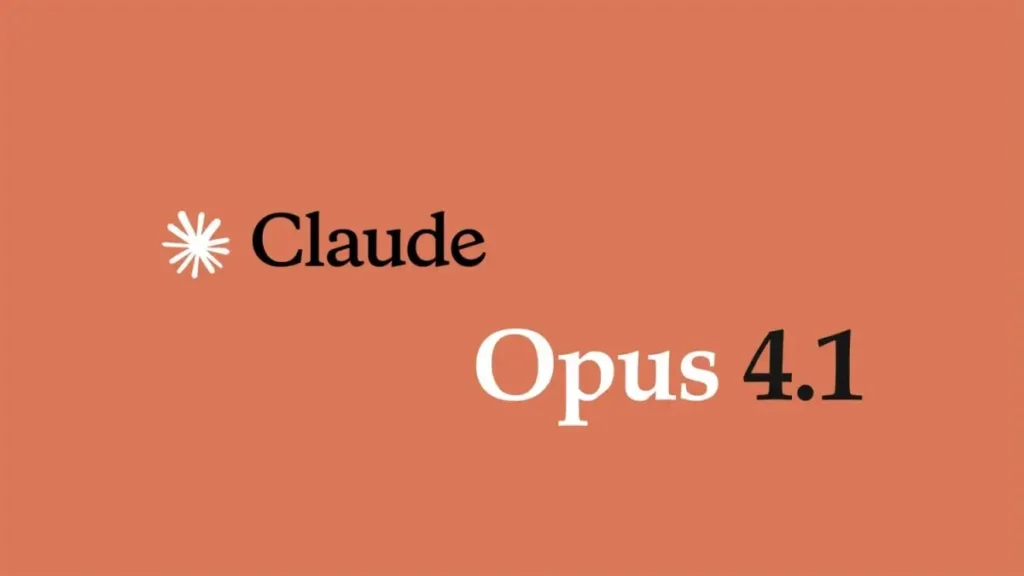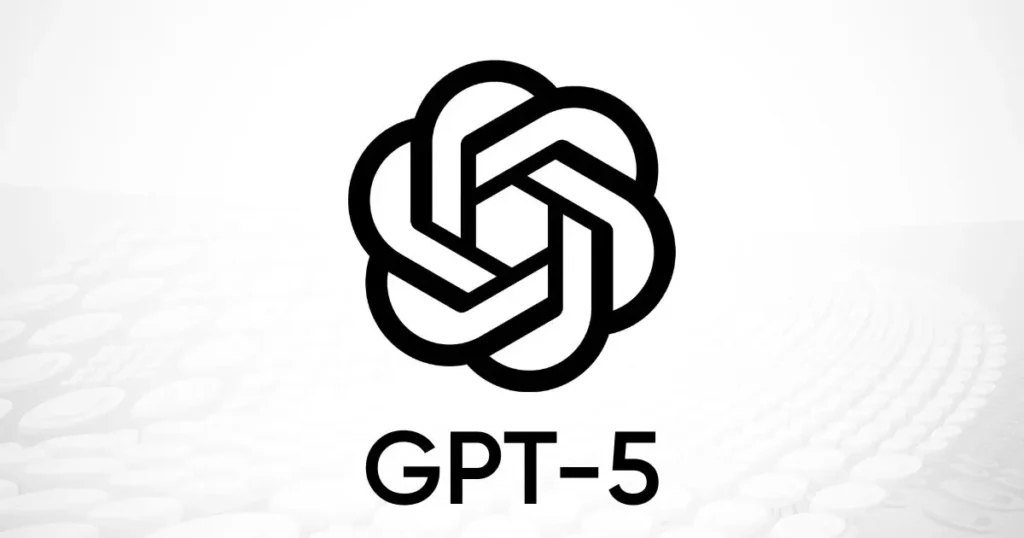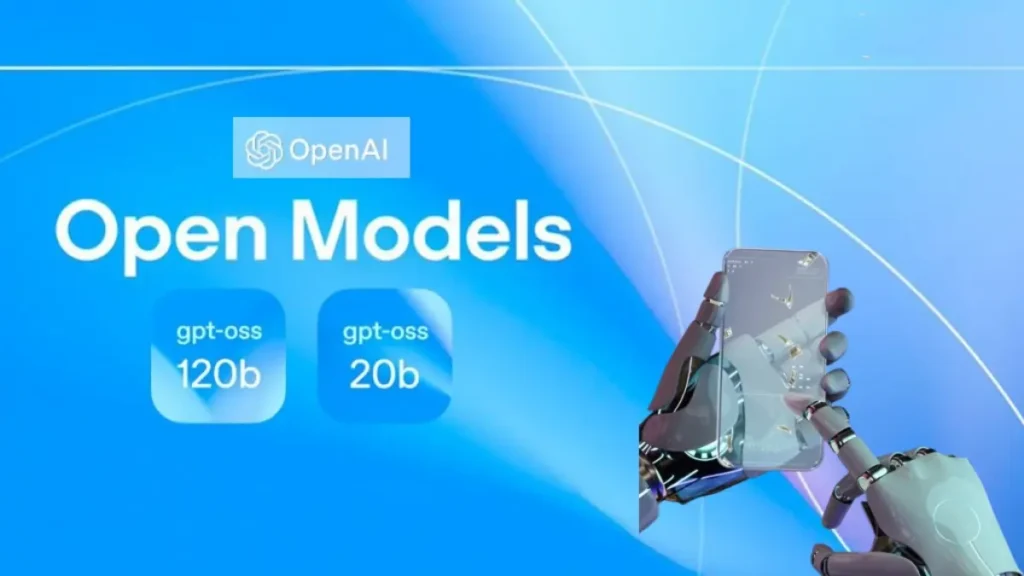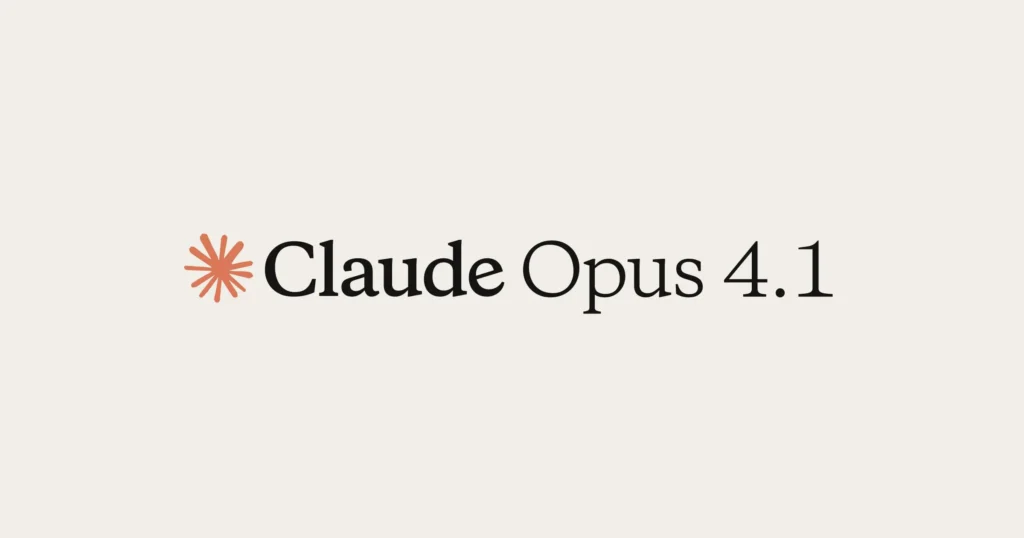Anthropic’s Claude Opus 4.1 marks a significant incremental step in large-language-model evolution, offering enhanced capabilities in coding, reasoning, and agentic behavior. Released on August 5, 2025, it serves as a direct successor to Claude Opus 4, delivering measurable gains across key benchmarks and unlocking new integration pathways for developers and enterprises alike. This article delves […]
GPT-5 mini API
GPT-5 mini is a lightweight, cost-optimized variant of OpenAI’s flagship GPT-5 model, designed to deliver high-quality reasoning and multimodal capabilities at reduced latency and expense.
Model Type: Chat
GPT-5 nano API
GPT-5 Nano is the ultra-light, low-latency variant of OpenAI’s GPT-5 family, designed for cost-sensitive, real-time, and high-throughput applications where speed and price matter more than deep multi-step reasoning. It keeps the GPT-5 instruction-following and safety improvements but trades off reasoning depth and some long-context capabilities to deliver very low latency and very low token cost.
Model Type: Chat
Is OpenAI’s latest GPT-5 Most Advanced Model Yet?
OpenAI on Thursday announced GPT-5, a generational upgrade to its large-language models that the company says is “its smartest, fastest, and most useful model yet,” and which is being rolled into ChatGPT, the API and enterprise products. The release packages deeper reasoning, broader multimodal input (text, images, audio and video), and new agentic capabilities that […]
Model Type: Chat
GPT-5 API
GPT-5 is OpenAI’s latest flagship language model, presented as a unified, multimodal reasoning system that improves on prior generations in reasoning, coding, long-context understanding, and safety-aware outputs. It combines fast non-reasoning components with a deeper reasoning model and a real-time router that selects the best submodel for a task, enabling the system to “know when to think.”
Model Type: Chat
Could GPT-OSS Be the Future of Local AI Deployment?
OpenAI has announced the release of GPT-OSS, a family of two open-weight language models—gpt-oss-120b and gpt-oss-20b—under the permissive Apache 2.0 license, marking its first major open-weight offering since GPT-2. The announcement, published on August 5, 2025, emphasizes that these models deliver state-of-the-art reasoning performance at a fraction of the cost associated with proprietary alternatives, and […]
GPT-OSS-20B API
gpt-oss-20b is a portable, open‑weight reasoning model offering o3‑mini‑level performance, agent-friendly tool use, and full chain-of-thought support under a permissive license. While it’s not as powerful as its 120 B counterpart, it’s uniquely suited for on-device, low-latency, and privacy-sensitive deployments. Developers should weigh its known compositional limitations, especially on knowledge-heavy tasks, and tailor safety precautions accordingly.
Model Type: Chat
GPT-OSS-120B API
OpenAI’s gpt-oss-120b marks the organization’s first open-weight release since GPT-2, offering developers transparent, customizable, and high-performance AI capabilities under the Apache 2.0 license. Designed for sophisticated reasoning and agentic applications, this model democratizes access to advanced large-language technologies, enabling on-premises deployment and in-depth fine-tuning. Core Features and Design Philosophy GPT‑OSS models are designed as general-purpose, […]
Model Type: Chat
O4-Mini-Deep-Research
O4-Mini-Deep-Research is OpenAI’s latest agentic reasoning model, combining the lightweight o4-mini backbone with the advanced Deep Research framework. Designed to deliver fast, cost-efficient deep information synthesis, it enables developers and researchers to perform automated web searches, data analysis, and chain-of-thought reasoning within a single API call.
Model Type: Chat
Anthropic Unveils Claude Opus 4.1, Bolstering Coding and Reasoning Capabilities
On August 5, 2025, Anthropic publicly released Claude Opus 4.1, a significant refinement of its flagship Opus 4 model family, aimed at advancing agentic tasks, real-world software engineering, and complex reasoning. This incremental update, which builds on the May debut of Claude Opus 4, delivers higher accuracy on coding benchmarks, extended context handling, and maintains […]




